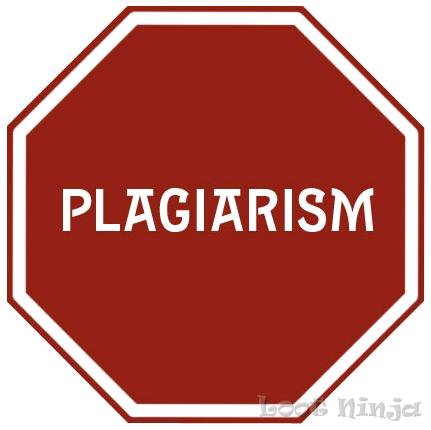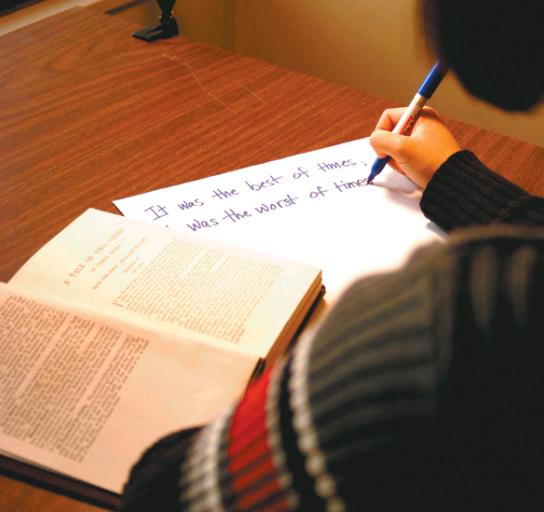Nowadays, plagiarism is not difficult to keep under control, with the many tools and advanced options that can help you protect your original content that is published on the web. If it does happen, there are ways you can stand up for your rights if someone has copied any design, articles, bandwidth or other personal material that has your copyright.
There is not much you can do to stop people plagiarizing your work, as this is not really under your personal control. However, you can deal with this problem if you find out someone had indeed done so.
You can use CopyScape to check if your article is somewhere else on the web, and if you do find your article has been published elsewhere without your permission, without even a mention of your name below the article you can fight this plagiarism quite simply, for it is not as difficult as people make it out to be.
First of all let us get the definition of plagiarism clear. This happens when a person or group of people decide to take your work and ideas, without informing you of their actions. They might like to define this as “borrowing” your work, but if they never even asked your permission it really cannot be defined as borrowed material.
Most of the time the material that has been “borrowed” from you is used for financial profit and although the Internet is such a vast source of material, you can detect plagiarism if you are prepared to pay for the service.
Before you can justly accuse someone of plagiarism and fight against this unlawful act, find the best course of action to take. You can passively but easily search the Internet by using the search engines available, which will work better for text rather than other media forms, such as music or videos. The advantage of Google search is that the algorithms have been updated with the new Panda Update, lowering the ranking of those websites that spin articles and offer bad quality content.
Google can now recognize original content, as the algorithms are able to assess which article was published first, thus ranking your original one above the rest. If a copy of the article is received on the web, Google recognizes it as a duplicate and gives it a bad rating. This can be quite bad news for those who use plagiarism as not only will they lose their ranking they can also be banned from the web.
You can deal with plagiarism more aggressively by collecting the names of the websites that have copied the content and file a report directly to Google, which will proceed to check any other illicit procedures the website may be up to. Google takes these issues seriously, and if they verify that you are indeed a victim of plagiarism they have the right to remove the website from the search engine.
You can also contact the website directly and tell the person responsible for the copy of your original work, telling them that you want it removed. If there is no positive reaction, then contact the hosting provider of the website directly.
No related posts.
Related posts brought to you by Yet Another Related Posts Plugin.













Leave Your Response